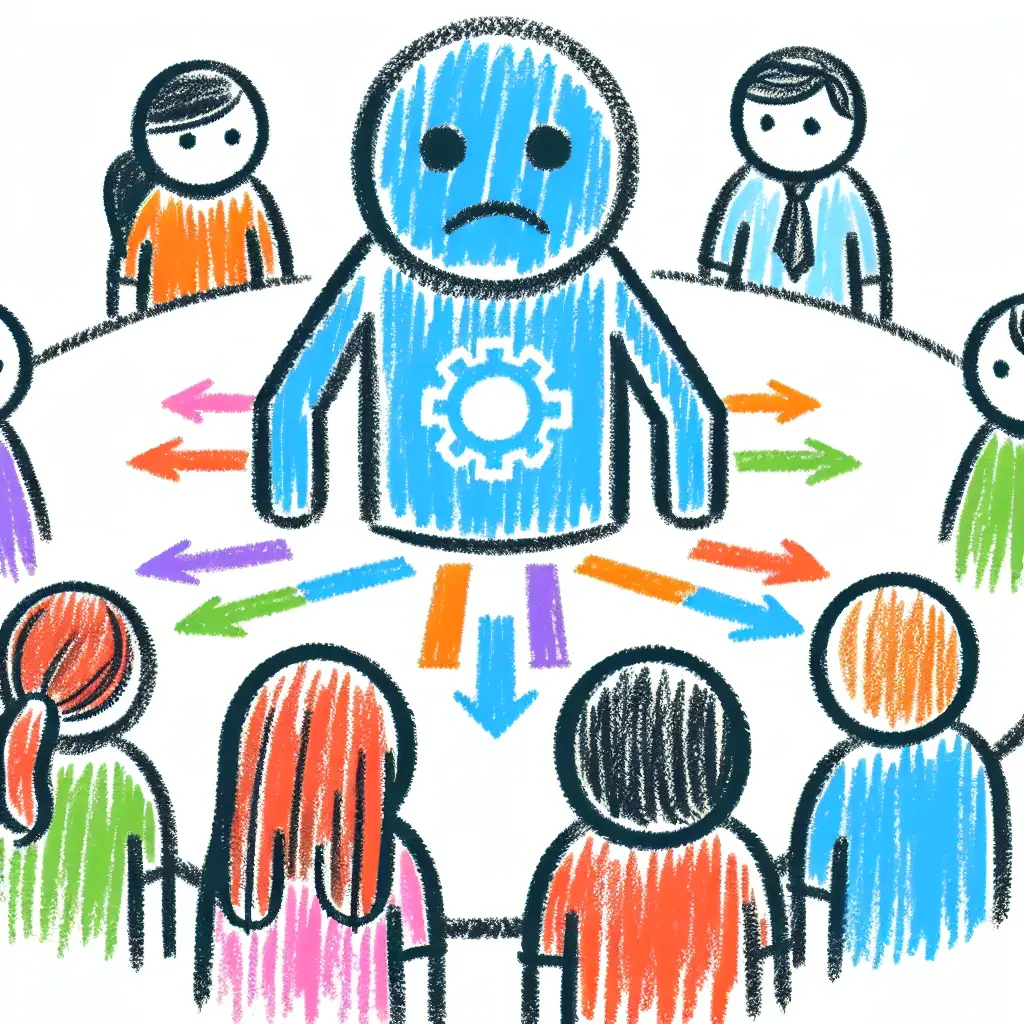Meta covered up potential child harms, whistleblowers claim

Explain Like I'm 5
Imagine you're playing a game in the playground and someone sees that the slide is broken and might hurt someone. Instead of telling the teacher, they just whisper it to a friend and keep playing. Now, replace the playground with Meta, the big company that owns Facebook and Instagram, and the broken slide with a problem that could be harmful to kids. Some people who used to work there, called whistleblowers, are saying that Meta knew about these problems but didn't tell anyone. Meta, however, says that's not true and that what these people are saying is just silly talk.
Explain Like I'm 10
Meta, the company behind big social media platforms like Facebook and Instagram, is in a bit of hot water. Some former employees, whom we call whistleblowers, have told authorities that Meta knew about some things on their platforms that could be harmful to children but didn’t share this information with the public or do enough about it. They're saying Meta tried to hide these issues. Why now? Well, because these whistleblowers decided it was important to speak up, and now some people in the government are listening and asking questions in what's called a Senate hearing. Meta, on their part, disagrees with these claims. They say that what the whistleblowers are saying isn't true at all. This is a big deal because lots of kids use their platforms, and it's important that these places are safe for everyone.
Explain Like I'm 15
Meta, previously known as Facebook, is facing serious accusations from some of its former employees. These whistleblowers claim that the company was aware of certain features or content on its platforms, like Facebook and Instagram, that could be harmful to children but chose not to fully address these issues or make them public. This information has prompted a Senate hearing, which is basically when government officials gather to investigate serious concerns.
Why is this significant? Because Meta's platforms are used by millions of children worldwide, and ensuring these environments are safe is crucial. The whistleblowers' claims, if true, suggest that Meta prioritized other aspects of its business over the well-being of its younger users. Meta, however, has dismissed these allegations, labeling them as baseless and defending their practices.
The broader implications here touch on digital ethics, corporate responsibility, and the ongoing debate about how much freedom tech companies should have in managing their platforms while ensuring user safety. This situation could lead to more stringent regulations and oversight on tech companies, especially concerning how they protect young users. The outcome of this Senate hearing and any subsequent investigations will be important in shaping how social media platforms operate and are regulated in the future. Meanwhile, experts are closely watching to see how Meta responds and whether this will affect the company’s operations and policies.
Want to read the original story?
View Original Source